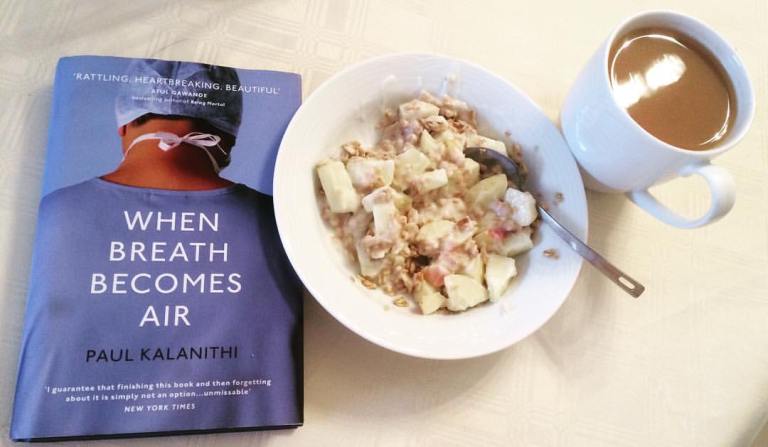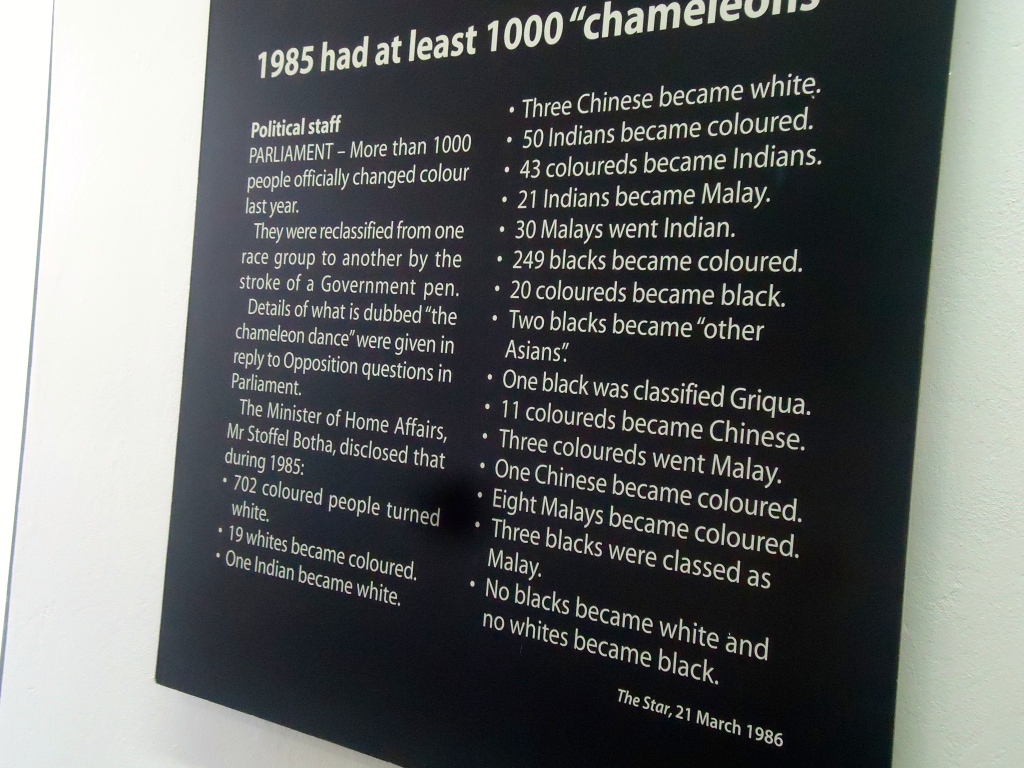
Beautiful beginnings (Krugersdorp, South Africa, April 2016)
A year ago, I was in a bookshop in the Vancouver International Airport trying to pick a good read for my journey to South Africa to get married to my best friend. As I browsed the shelves, I came across a book called “Love Illuminated: Exploring Life’s Most Mystifying Subject with the help of 50,00 strangers” by Daniel Jones, who has been the editor of the New York Times Modern Love column for the last ten years. As I stood in front of the shelf debating whether I wanted to spend $20 on the book and whether the book would help me in my new married life, an announcement came on the PA system making a last call for the flight I was waiting to board, and so I dropped the book and ran. Since then, I’ve wondered about the book. Reading “Modern Love” is a weekly personal ritual and since I always benefit from reading the column’s stories, I was interested to know what reading thousands of essays from strangers worldwide over the course of a decade had taught Jones about love.
To pursue this question, a few days ago I borrowed the book from the public library and have been reading it steadily over the past few nights. Last night I finished it, and although I enjoyed the read, I’m glad this is not a book that I own. Despite the subtitle of the book (which uses the word exploration rather than lessons) I thought the book would be about love lessons and practical advice one could apply to their own relationship. Instead, the book is organized into ten chapters with each chapter title/subject being one of ten topics related to love. Because the book’s chapters are not structured very clearly though, at times it was not clear where the book was going and the lack of clear direction interfered with my enjoyment of the book.
The ten principles/topics are pursuit/finding the person for you, destiny, vulnerability, connection, trust, practicality, monotony, infidelity, loyalty and wisdom. Each chapter talks about the principle in question but the majority of each chapter is about the flip side of the principle; the things that take place in relationships when things go wrong. The chapter about pursuit for instance, talks about the rise of online dating and the people we miss meeting because we exclude entire categories of people in our preferences and matching algorithms.
The chapter following pursuit discusses vulnerability and explores how many modern relationships (at least those that make it across his desk) strive to avoid vulnerability and are about acting aloof, both behaviours Jones says are aided by technological tools of today. If being aloof is something you are interested in learning how to do, “Love Illuminated” takes a “tongue in cheek” approach and delves into strategies to avoid openness and vulnerability and to maintain your distance from romantic partners. If you’re interested in real connection, the book and specifically the chapter has advice on how to be vulnerable too (Hint: real, grand gestures are good, gestures that are filmed, aimed at viral YouTube popularity or will likely embarrass the recipient are the kind of gestures to stay clear away from).
Building on this discussion, the chapter on connection looks extensively on online relationships and the rise of relationships in which communication through WhatsApp and Gchat and various social media platforms is commonplace, but real, in person communication is rare or nonexistent. For some people who have written their stories for Modern Love, the act of meeting killed their feelings and their love story. Chapter 5, the chapter on Trust, gives advice on how to avoid being conned (avoid someone too normal, or not normal at all) to say that it is impossible to protect yourself against betrayals of trust. As you continue to read, it feels like the book is telling you, there is no way to armour yourself against love, but regardless of the risks, fall in love anyway.
These reminders are important, but the book feels less than a book about love and improving love than a description of the very strange things people do in relationships. Having said that, there are some gems to be had.
Continue reading →









